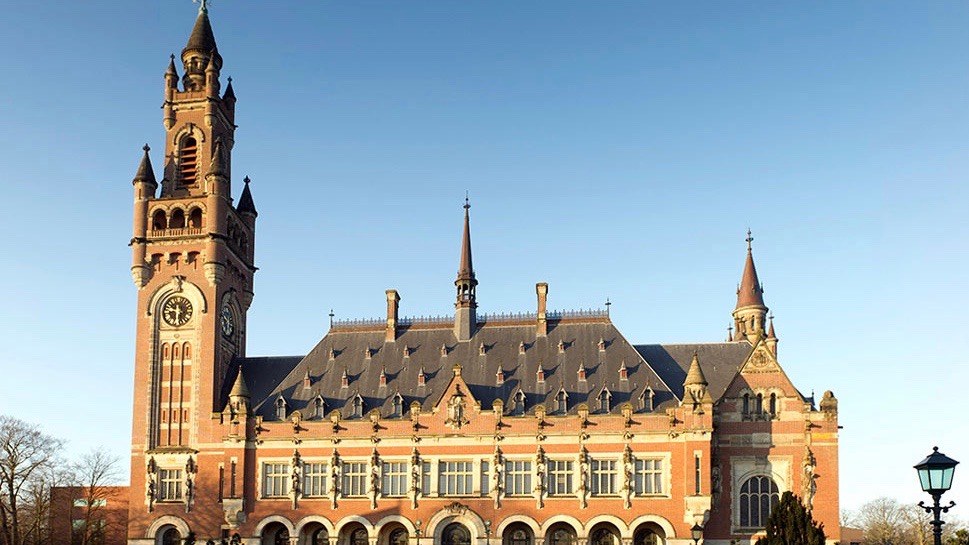On Thursday, March 30, the International Court of Justice (ICJ) ordered the US government to pay compensation to Iranian companies for allowing its courts to freeze their assets, which the ICJ ruled as illegal.
The UN court said that the exact amount of compensation will be decided later. The court, however, refused to pass a similar judgment regarding the US freezing US$ 1.7 billion of assets of the Central Bank of Iran (Bank Markazi), saying that it lacked jurisdiction over the matter.
The ICJ was hearing a case filed by Iran in 2016. In 2016, the US Supreme Court had ruled that the assets of Iran’s central bank should be transferred to the relatives and survivors of the 1983 bombings of the US Marine barracks in Beirut, Lebanon.
The US had in 2019 appealed to the ICJ that the Iranian case should be dismissed as Iran had been involved in various terrorist attacks, including the 1983 bombings, and had “unclean hands.”
The court had rejected the US appeal and admitted the case.
Iran has denied its participation in the bombings in Lebanon and rejected US claims of its role in other terror attacks.
Iranian lawyers had argued in the ICJ earlier that the US had failed to provide any evidence in support of its allegations and had created an “industry of litigation against Iran and Iranian companies.”
Freezing of assets part of US’ sanctions regime
Iran had claimed that the freezing of its assets was part of the larger illegal policy of unilateral sanctions pursued by the US against the country.
The US had imposed unilateral sanctions on Iran following its own unilateral withdrawal from the Joint Comprehensive Plan of Action (JCPOA), or Iran nuclear deal, in May 2018.
On Thursday, the ICJ also found the US in violation of its 1955 treaty of friendship with Iran. The court ruled so despite Donald Trump’s administration having announced its withdrawal from the treaty in 2018 after another ICJ ruling that had urged the US to withdraw sanctions on humanitarian goods such as food and medicines to Iran.
Point 2 of Article IV of the Treaty of Amity, Economic Relations, and Consular Rights, signed in 1955 between Iran and the US, states that the “property of nationals and companies of either” party, the US or Iran, “shall receive the most constant protection and security within the territories of the other” and cannot be seized “without the prompt payment of just compensation.”
Iran welcomed the verdict on Thursday, noting that the verdict recognizes that the US actions were illegal and the freezing of Iranian assets completely unjustified.
The Iranian Foreign Ministry, in a statement, said that Iran “believes that the ruling issued by the International Court of Justice shows the solidity of Iran’s arguments and the righteousness of Iran’s request.” It also added, “the fact that the court’s ruling requires the US to make reparations for the losses is the key reason for the legitimacy of the Islamic Republics of Iran’s demand.”
However, the US sought to claim that the judgement was a victory as all of Iran’s claims had not been accepted. Acting legal adviser of the US State Department Rich Visek welcomed the verdict, claiming that it was “a major victory for the United States and victims of Iran’s state sponsored terrorism.”
ICJ verdicts are binding. However, the court has no mechanism to implement them other than the parties’ voluntary compliance.





